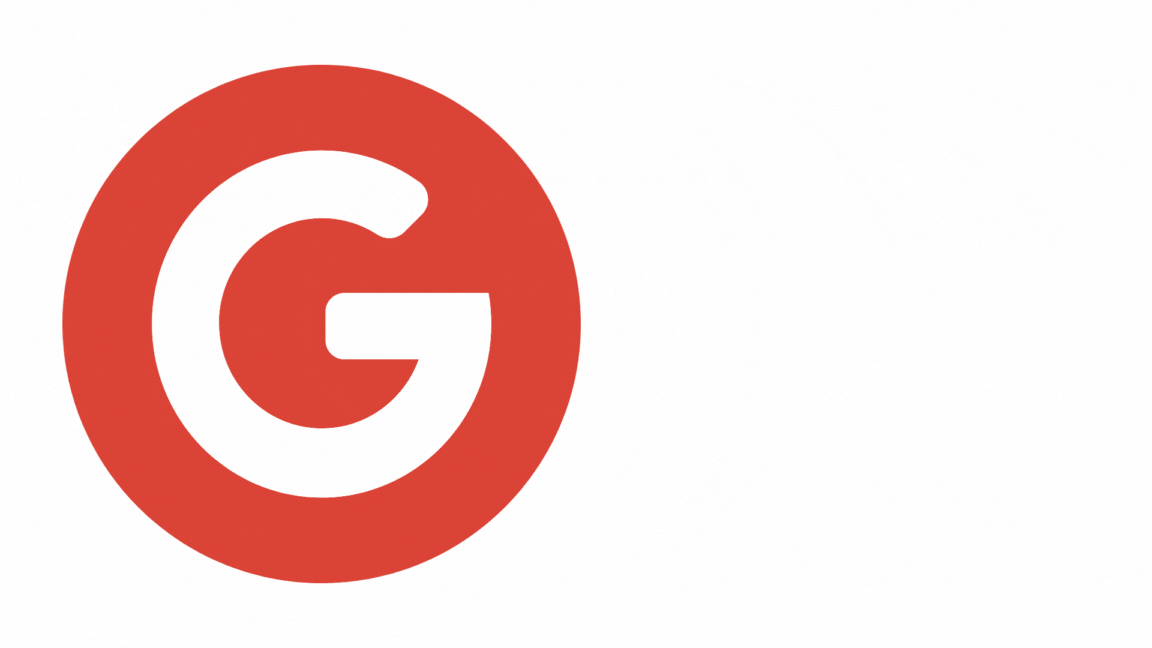It’s easy to get swept up in the world of Google when it comes to SEO, given its massive footprint in the search engine universe. But don’t forget about Bing! This search engine may not be the star of the show, but it definitely deserves a spot on our radar, holding its own unique space in the market.
So, is Bing still relevant? Well, it depends. Let’s look at some of the factors.

Bing statistics
First, let’s consider the numbers. Google dominates with a massive share of the search market. This isn’t surprising, given its integration with numerous devices and platforms. However, Bing, often seen as the underdog, still maintains a significant user base. It’s particularly popular in certain demographics and regions, making it a valuable asset for reaching specific target markets. In fact, 1.1 billion people billion people worldwide use Bing!
Here are some Bing statistics that may interest you:
- Age Group: The majority of Bing users fall in the 25 to 34 years age group, comprising 26.42% of its user base.
- Gender: About 64.13% of Bing users are male, while 35.87% are female.
- Market Share: Globally, Bing holds 3.01% of the search engine market share, but it’s more significant in specific regions like North America, where it has a 5.94% share.
Is Bing good for SEO?
Now, the big question: Should you spend time optimizing for Bing? The answer lies in understanding your target audience. If your audience predominantly uses Bing, or if you’re keen on tapping into every possible SEO opportunity, then yes, Bing should be part of your strategy. It’s all about maximizing your visibility across all platforms where your potential customers might be.
However, for many businesses, especially those unsure of their audience’s search engine preferences, focusing on Google can be a more efficient use of resources. Google’s vast user base means that optimizing for its algorithms often leads to higher visibility and traffic, which is the goal of SEO.
But don’t write off Bing completely. Remember, search engine optimization is about reaching your audience wherever they are. And sometimes, that means looking beyond Google. Bing offers unique opportunities for visibility, especially in niche markets or for specific demographic groups.
How is Bing SEO different from Google SEO?
Juggling SEO for both Bing and Google can feel like walking a tightrope with each foot on a different rope! Both are search engines, sure, but they have their quirks. Let’s dive into what makes Bing and Google different.
Keyword Optimization
- Google: Here, it’s all about the context. Google loves it when you play with synonyms and related terms. It’s like a sophisticated language game.
- Bing: Old school, but in a good way. Bing appreciates it when you’re straightforward with your keywords. Think ‘exact match’ and you’re on the right track.
Meta Keywords
- Google: “Meta what?” Google would ask. It’s not that Google doesn’t care, but it’s like ignoring an old friend.
- Bing: Still keeping the tradition alive! Bing takes meta keywords into account. It’s like a secret handshake for Bing.
Backlinks
- Google: Quality over quantity is Google’s mantra. A few good links are better than a bunch of mediocre ones.
- Bing: A little more lenient here. Bing counts numbers, so more backlinks can give you a nudge upwards.
Social Signals
- Google: Google plays it cool with social signals. It’s aware of them but doesn’t let them sway decisions too much.
- Bing: Big on social life, Bing takes your social signals seriously. It’s like the social butterfly of search engines.
Navigating these differences might seem daunting, but it’s all about balance. Understanding these nuances can help you optimize your website to perform well on both search engines. Just like in a good marketing strategy, it’s all about knowing your audience, or in this case, your search engine!
Bing should still be considered
While Google may be the Goliath in the world of search engines, Bing still holds its ground as a David. It’s not about choosing one over the other but rather understanding where your audience is and making sure you’re investing your time wisely.
So, before you decide where to focus your SEO efforts, take a moment to consider if Bing could be a valuable part of your digital marketing strategy. After all, in the quest to squeeze every bit of SEO juice from your marketing budget, every search engine counts.
Need professional help with your SEO? Let’s talk!


